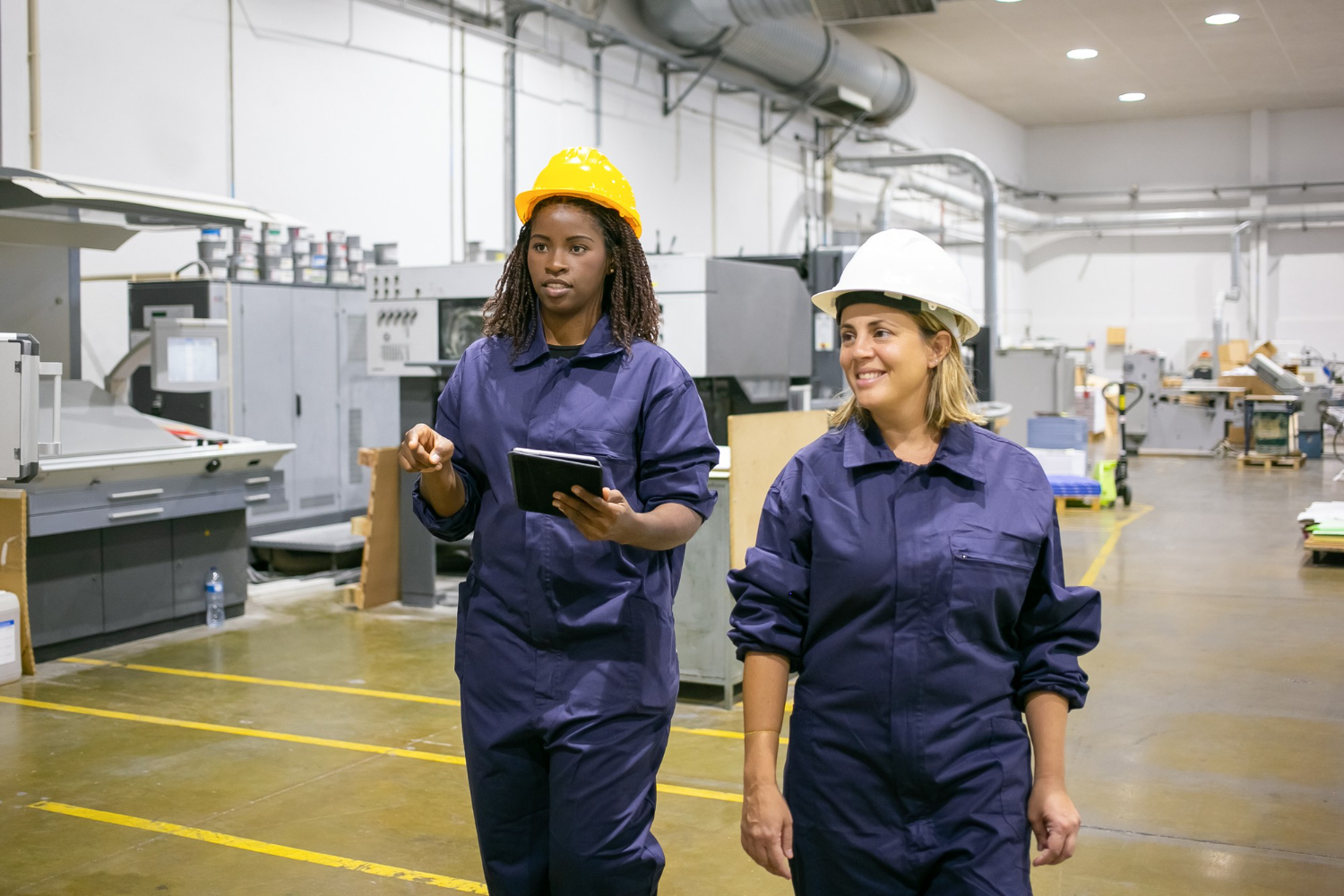Visa-sponsored Labor Jobs in Canada offer a unique opportunity for foreign workers to enter a stable, prosperous country with ample employment opportunities. Many Canadian companies, especially in industries like construction, manufacturing and skilled trades, are actively seeking workers from abroad to fill labor shortages.
These businesses often provide visa sponsorship, which allows international candidates to work legally in Canada. The sponsorship process offers significant benefits, including the potential to transition to permanent residency, which can eventually lead to Canadian citizenship. For those seeking long-term stability and career growth, visa-sponsored jobs in Canada provide a direct path toward achieving these goals, while also offering a secure work environment protected by Canadian labor laws.
The positions available through visa sponsorship span various sectors, with laborer jobs being particularly prominent. General laborers perform essential tasks, from preparing construction sites to operating heavy machinery, all contributing to the country’s infrastructure and industrial growth.
While the work may be physically demanding, it provides career advancement opportunities, training and support. Moreover, many Canadian companies that sponsor visas assist with the relocation process, making it easier for workers and their families to settle in Canada. Beyond professional opportunities, visa sponsorship often includes access to Canada’s social benefits, such as healthcare and education, offering a higher quality of life for workers and their dependents.
Essential Information on Visa-Sponsored Labor Jobs in Canada
- Country: Canada
- Job Role: Laborer
- Education: No formal education required
- Experience: 1-2 years preferred
- Visa Sponsorship: Available
Skills and Qualifications Required for Laborers
While laboring jobs are physically demanding, they also require certain mental and technical skills. A well-rounded laborer must possess a range of abilities to perform effectively. These skills include:
- Color Vision: Recognizing different colors is crucial for certain tasks, such as distinguishing wire colors for electricians.
- Mathematical Skills: Laborers frequently need to perform basic math, including algebra and trigonometry, to complete tasks accurately.
- Mechanical Aptitude: Operating and maintaining heavy equipment, such as forklifts and jackhammers, is a regular part of a laborer’s responsibilities.
- Stamina and Endurance: Laborers must be capable of performing physically strenuous tasks for extended periods, often in challenging environments.
- Physical Strength: Many tasks require laborers to lift and move heavy objects, sometimes weighing over 50 pounds.
- Attention to Detail: Laborers must adhere to safety protocols, carefully read warning labels and follow instructions to ensure their safety and that of others.
- Communication Skills: Effective communication with supervisors and colleagues is essential for understanding instructions and working as part of a team.
Experience and Training
Although laborers don’t need formal education, prior experience, particularly in specialized industries, is often preferred by employers. Being able to operate a variety of vehicles and machinery in a safe manner is an important qualification. Additional training may also be required for specific roles.
Responsibilities of a Laborer
A laborer’s responsibilities are aimed at maintaining a safe organized and efficient work environment while assisting in project completion. Daily tasks can vary depending on the nature of the project but often include the following:
Essential Information on Visa-Sponsored Labor Jobs in Canada
- Country: Canada
- Job Role: Laborer
- Education: No formal education required
- Experience: 1-2 years preferred
- Visa Sponsorship: Available
Skills and Qualifications Required for Laborers
While laboring jobs are physically demanding, they also require certain mental and technical skills. A well-rounded laborer must possess a range of abilities to perform effectively. These skills include:
- Color Vision: Recognizing different colors is crucial for certain tasks, such as distinguishing wire colors for electricians.
- Mathematical Skills: Laborers frequently need to perform basic math, including algebra and trigonometry, to complete tasks accurately.
- Mechanical Aptitude: Operating and maintaining heavy equipment, such as forklifts and jackhammers, is a regular part of a laborer’s responsibilities.
- Stamina and Endurance: Laborers must be capable of performing physically strenuous tasks for extended periods, often in challenging environments.
- Physical Strength: Many tasks require laborers to lift and move heavy objects, sometimes weighing over 50 pounds.
- Attention to Detail: Laborers must adhere to safety protocols, carefully read warning labels and follow instructions to ensure their safety and that of others.
- Communication Skills: Effective communication with supervisors and colleagues is essential for understanding instructions and working as part of a team.
Experience and Training
Although laborers don’t need formal education, prior experience, particularly in specialized industries, is often preferred by employers. Being able to operate a variety of vehicles and machinery in a safe manner is an important qualification. Additional training may also be required for specific roles.
Responsibilities of a Laborer
A laborer’s responsibilities are aimed at maintaining a safe organized and efficient work environment while assisting in project completion. Daily tasks can vary depending on the nature of the project but often include the following:
Frequently Asked Questions
Can visa sponsorship lead to permanent residency in Canada?
Yes, many visa sponsorships provide a pathway to permanent residency in Canada. Workers on sponsored visas can apply for permanent residency through programs like the Canadian Experience Class (CEC) or Provincial Nominee Programs (PNP), depending on their work experience and time spent in the country.


